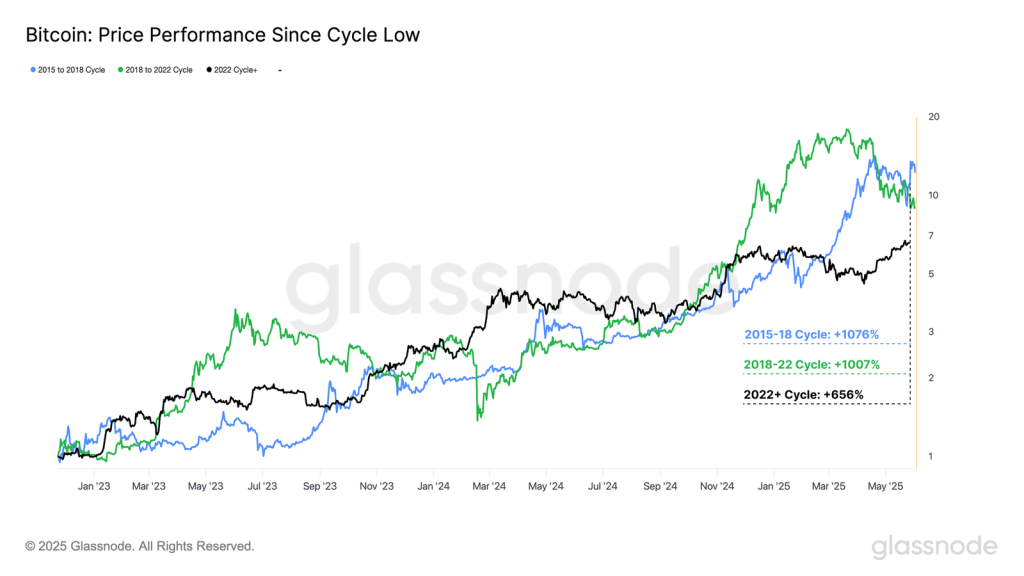Stay informed with free updates
Simply sign up to the Renewable energy myFT Digest — delivered directly to your inbox.
The chill that has suddenly fallen over Europe’s battery industry captures the essential shortcoming of EU green industrial policy. Even as leaders are clear-eyed about the central importance of domestic economic strength to their geostrategic independence, they still do not seem to will the means to their stated ends.
In the tangle of policies making up the EU’s industrial strategy, batteries actually stand out as a relative success. The European Commission includes them in “important projects of common European interest”, making it easier to kick-start manufacturing with public subsidies. A flurry of factories, both indigenous and offshoots of Chinese and Korean battery makers, have opened across the region. Capacity was until recently forecast to grow robustly.
So news that European battery projects are being scrapped or seriously scaled down is an important sign of things going wrong, especially as the disappointments do not appear to be due to Europe’s well-known but slow-to-fix handicaps on technology, raw materials and energy costs. The issue is, rather, that slowing electric vehicle sales have undermined expectations of market demand for the battery capacity that was to come on stream.
This exemplifies a broader problem: a private sector deeply lacking in faith that its political leaders can move from words to action.
Those leaders have committed to phasing out new internal combustion engines over the next decade, while vowing not to let Chinese imports wipe out domestic carmakers. If both were credible, EU car manufacturers would be investing hand over fist to meet imminent EU demand for some 10mn EVs a year. That they are not — with the fallout for batteries and other parts of the supply chain — proves they do not believe the political goals will be met.
None of the many things Europe does get right is enough to turn this around. Setting targets (even legally binding ones), regulating away polluting activities or subsidising production: these are necessary, but evidently do not produce confidence that the market for green tech will be there. Nor, much, do protectionist tariffs in isolation.
This lack of faith holds back everything from renewable generation (will the grids be there to offload peak power?) to electrolysers (will there be enough buyers of green hydrogen?). Fundamentally, policy needs to make the private sector trust demand at scale will be there. That is what China has long been adept at ensuring, and is the true cause of the US Inflation Reduction Act’s huge effect on factory building.
The EU needs to do the same, in its own way. This is not primarily about joining a subsidy race. But it does require enlisting fiscal policy, tax design and credit policy so as to forge new or fledgling markets into solid existence.
On fiscal policy, at least do no harm. A return to the demand-sapping budget consolidation of the last decade is sure to damp private investment plans. Why expand if no one will buy your extra production? The quid pro quo for any budget cuts prompted by the new fiscal rules, then, must be more EU-level funding to sustain long-term demand for green tech: EV leasing schemes, green infrastructure, grid construction, household electricity storage and so on.
Then twist taxes more to favour the new markets you aim to create, and commit to keeping them that way. Norway’s extraordinary adoption of EVs was achieved by granting them exemptions from onerous taxes on conventional cars, plus traffic privileges (access to bus lanes and cheap parking). The EU can follow suit in areas such as the tax treatment for corporate cars.
Renewable energy projects are being cancelled because once-attractive financing profiles look unviable with today’s interest rates. But central bankers have the tools to prevent inflation-fighting from setting back the transition. The European Central Bank could surgically loosen financial conditions for green investment by adapting its “targeted long-term repurchasing operations”. These offered banks loans at terms below the policy rate to the extent they expanded lending to the economy. A green TLTRO could reward banks for lending growth to projects within the EU’s green taxonomy.
This would fulfil, not violate, the ECB’s mandate, which requires it to support the EU’s general economic policies so long as it safeguards price stability — it would do this by keeping its main policy rate where it needs to be. There is no reason for green investments to fall victim to the economic cycle.
There is no reason, in truth, why Europe shouldn’t see a green investment boom. But the private sector needs to know that governments, too, mean business.
martin.sandbu@ft.com
Credit: Source link










